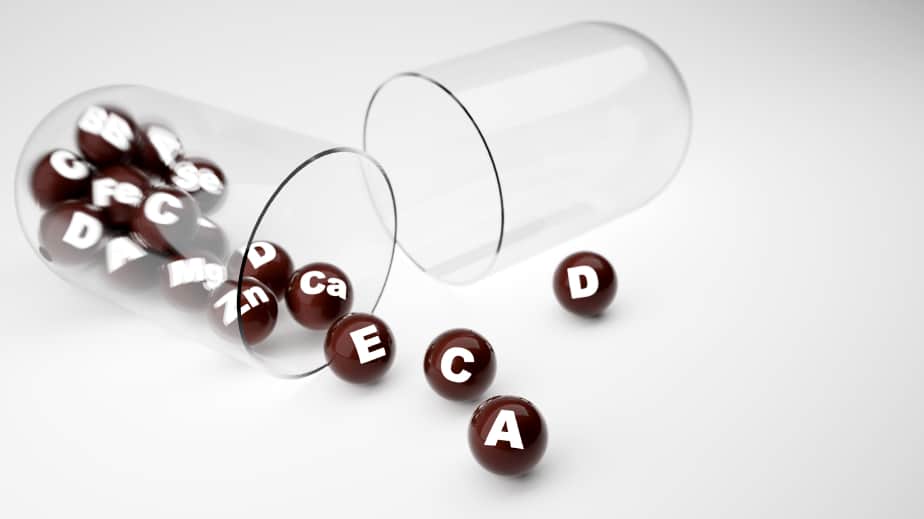By now, you’ve probably heard about the vitamin studies published in the Annals of Internal Medicine “proving” that vitamins “don’t work.” My first question when I heard this news was, “What kind of vitamins did they give the study participants?” But when I read the studies, I couldn’t find an answer. The researchers list “multivitamin supplements” in the study abstract, but we don’t know the company who makes the vitamins. We also don’t know if the multivitamins are synthetic or whole food versions, and we don’t know how the supplements are processed. There are colossal differences between these things, and they’re essential to the debate.
Dr. Royal Lee, the Father of Natural Vitamins, made these distinctions when he developed his whole-food multivitamin supplement Catalyn®, released in 1929. Lee recognized that vitamins, i.e., vitamins as they’re found in food, are complexes of associated compounds that act synergistically to deliver a nutritive effect. In turn, they require minerals—in organic form—to activate them. All of these things are found in whole foods.
Synthetic vitamins, on the other hand, consist of a single compound of a natural vitamin complex that’s been arbitrarily deemed the “most active” and either isolated from the food or, worse, synthesized in the lab. In “Synthetic Versus Natural Vitamins,” Dr. Lee asks, “How can a single factor be isolated from a complex…and be justifiably sold with the claim that it is equal?” It can’t. However, he warns, “do not infer from this that synthetic vitamins have no effect. They do have drug effects—pharmacological actions that may or may not have much in common with the normal nutritional action.”
Lee also knew that the way a supplement is processed is important to preserve the nutrient qualities of the whole food used. So he invented the cold-processing method that removes only the water from organically grown plants and leaves the enzyme systems intact, resulting in living food concentrates.
For more on the different between synthetic and whole food supplements, read Dr. Lee’s 1948 report on synthetic vitamins and Natural vs. Synthetic by Richard P. Murray.
So, if you have synthetic vitamins, throw them away and don’t buy any more. Instead, talk to your health practitioner about Standard Process whole food supplements. If your doctor won’t listen, find another one who will!
Photo from iStock/repinanatoly


